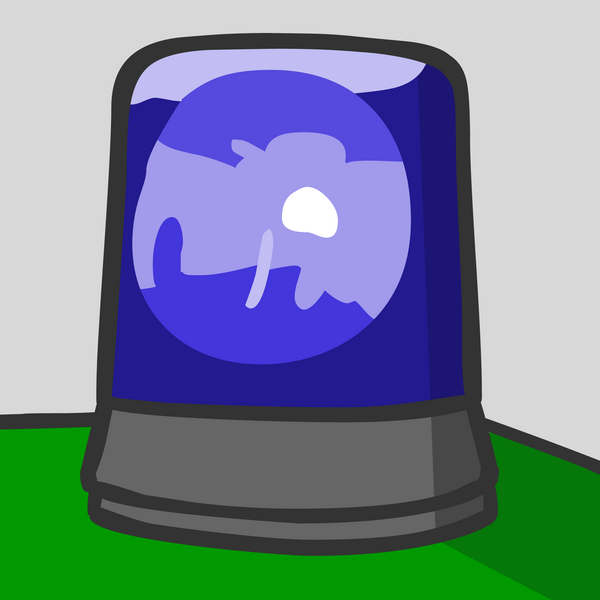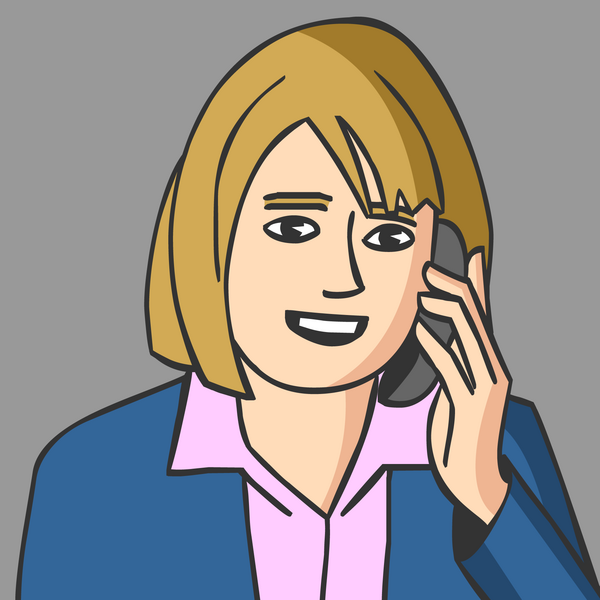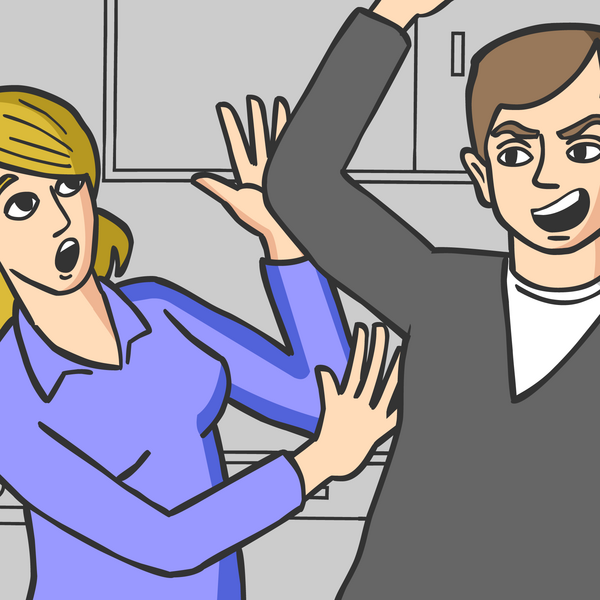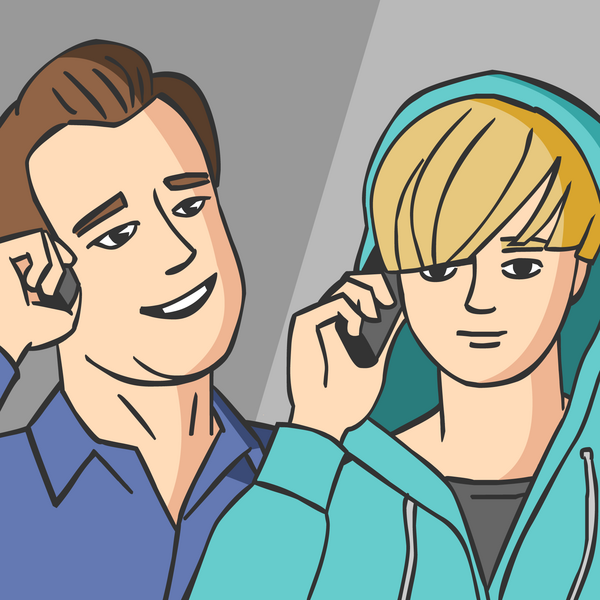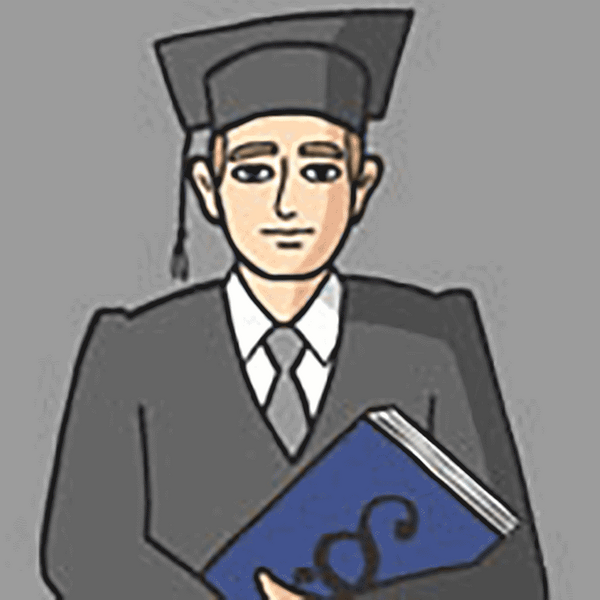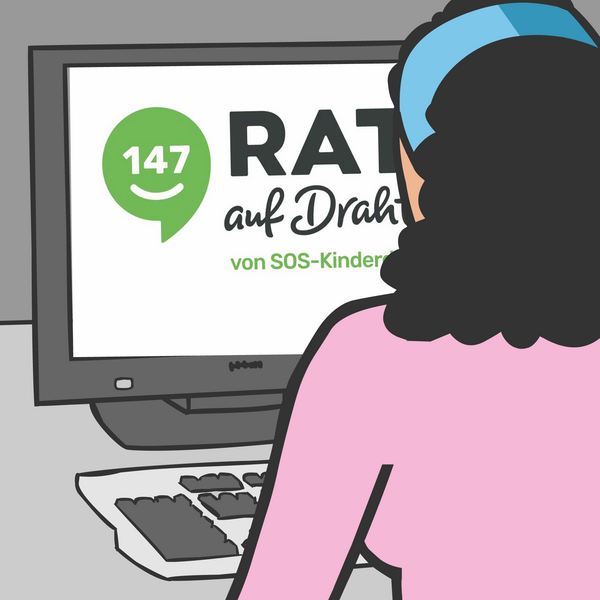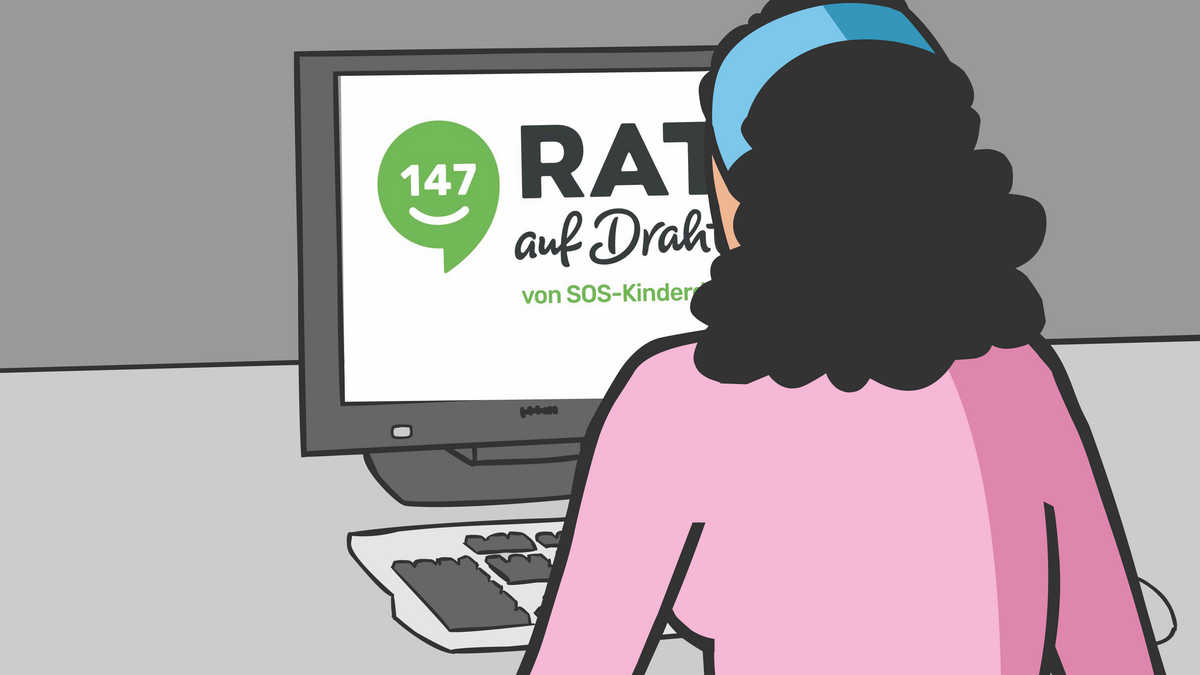Who can help me? An overview of where to get help
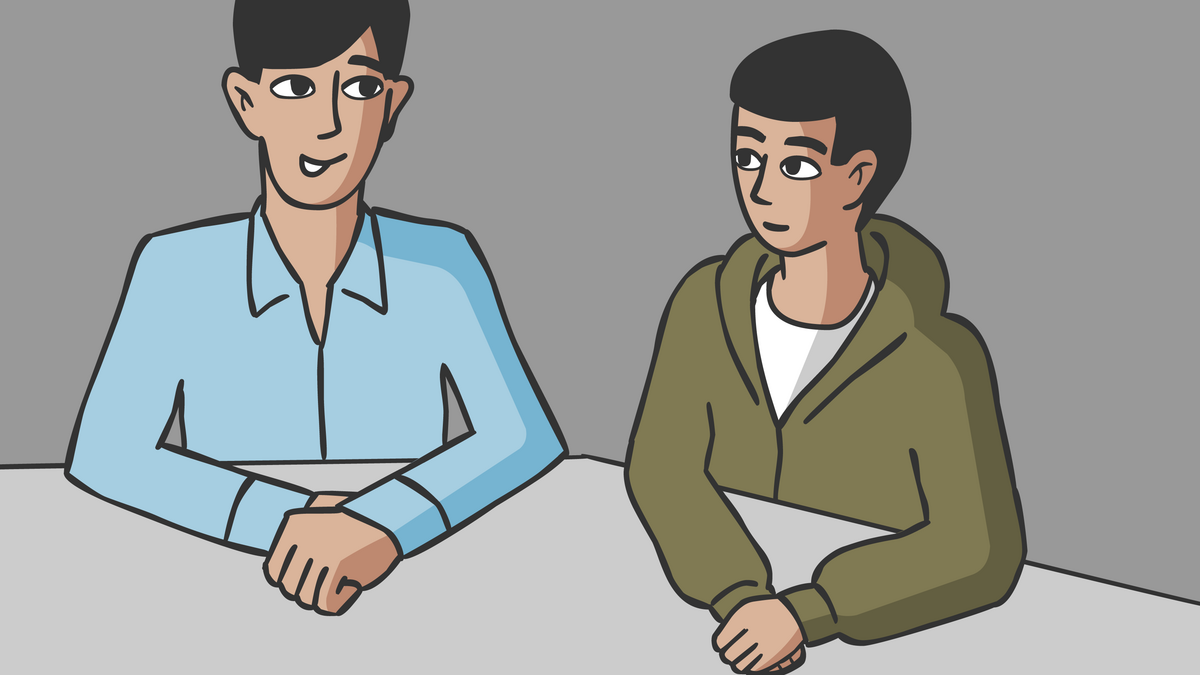
There are many ways to get help with domestic violence.Here are some examples.
-
Hilfe von Freunden
-
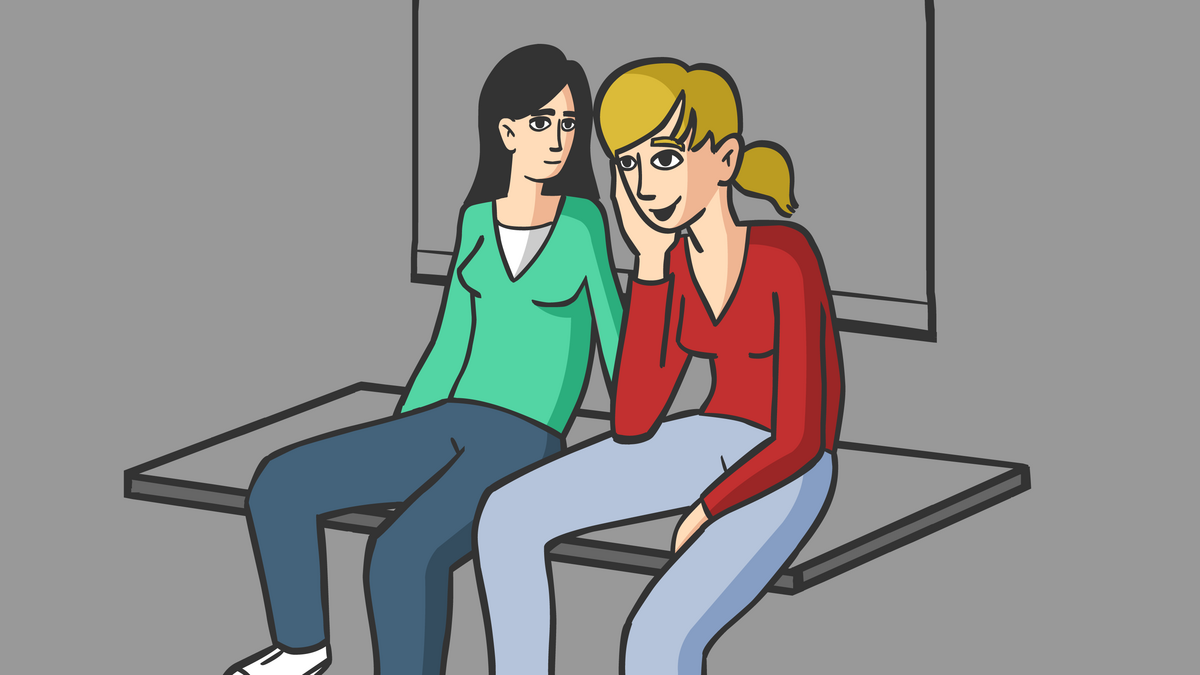
It can be good to talk to friends. They are usually the same age and can compare the behaviour of your parents with their own. This helps you to decide what is normal and what is extreme. They can come with you if you’re unsure about going to an advice centre or the Jugendamt.
It can, however, be a disadvantage if friends are too empathic. Then you’re so busy talking and sympathising that you might forget that in fact you have to do something.
-
Hilfe von erwachsenen Bekannten und Verwandten
-
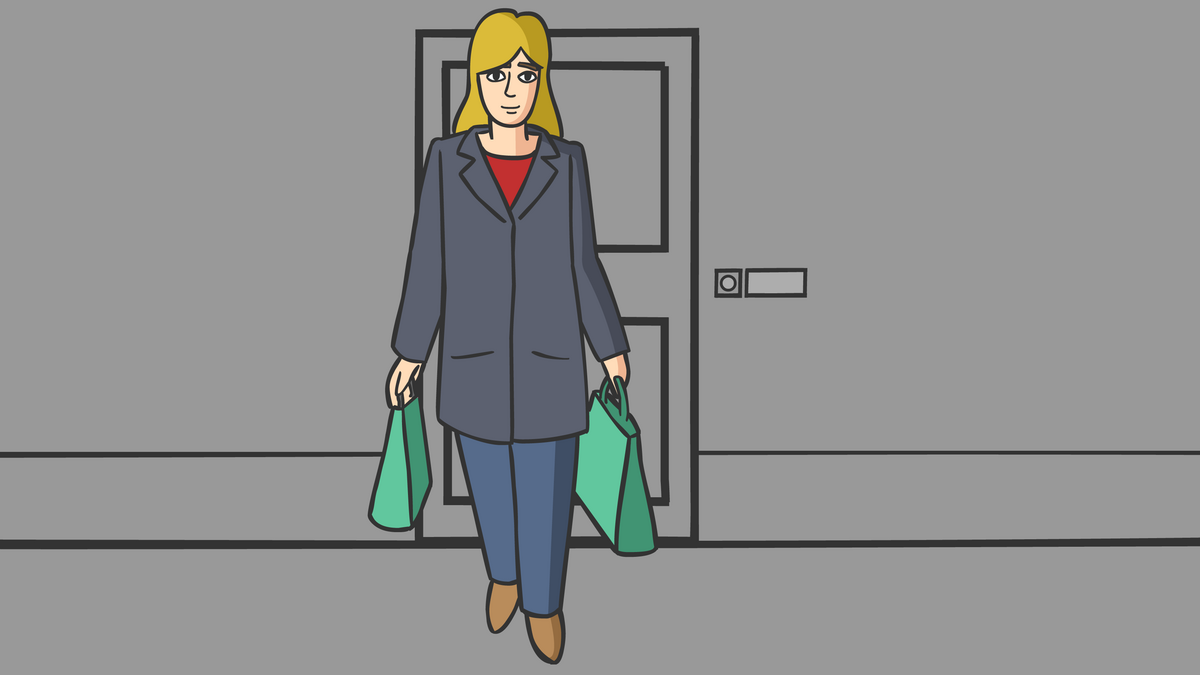
Adults outside your own family can provide support. They can intervene positively and defend you. They can obtain information for you, organise help and accompany you. They often have experience of how to deal with difficult situations and are sympathetic and good listeners and comforters.
Even if they’re sympathetic, some adults are averse to accepting more responsibility because they don’t want trouble. They can’t take you in and shelter you without the permission of your legal guardians. They can, of course, take you to the police or emergency services, who can protect you even against your parents’ wishes.
-
Help from teachers, social workers, course leaders
-
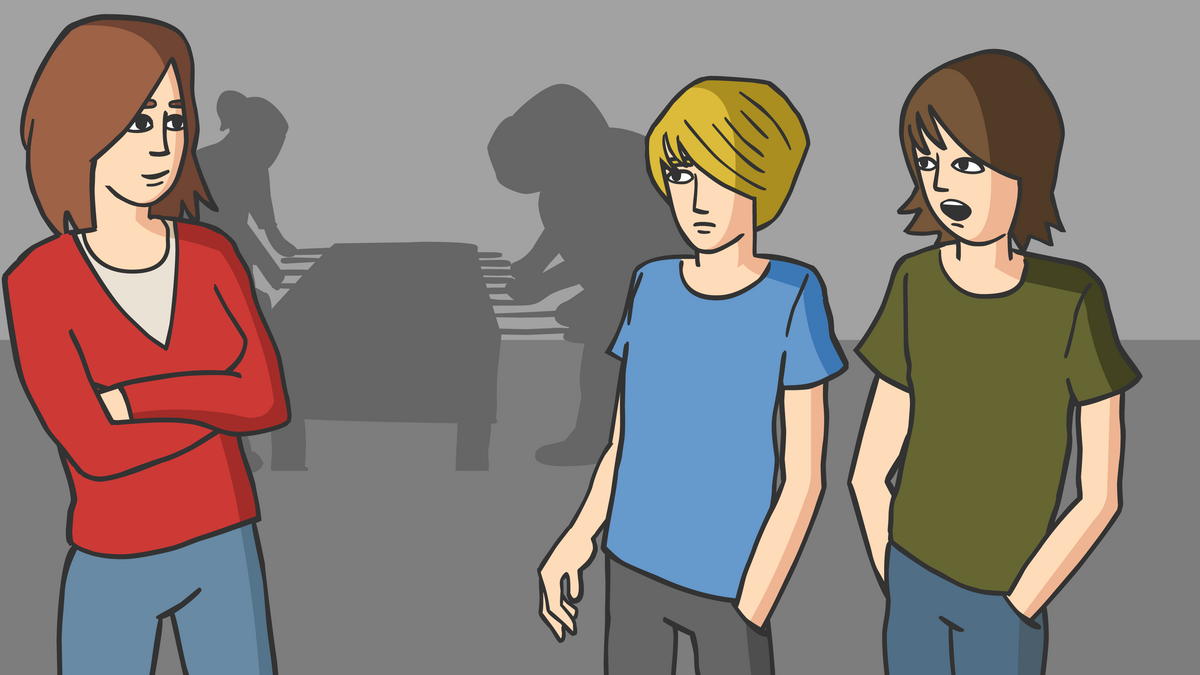
The people who work full- or part-time with young people do so willingly and with great commitment. They are interested in seeing that their charges are OK. Many would take up your cause if you trusted them. And many of them know the help system well enough to advise you where you can go. Rely on your instincts: if someone appears open, friendly, interested and sympathetic trust yourself to speak to them directly.
There are children and juveniles whose parents are so strict that they have no unobserved free time. They can use the time at school, in the choir or while playing sport, for example, to talk to someone. Personal tutors, class teachers, social workers or course leaders will protect you and arrange contact with the emergency services or the Jugendamt.
-
Help from the police
-
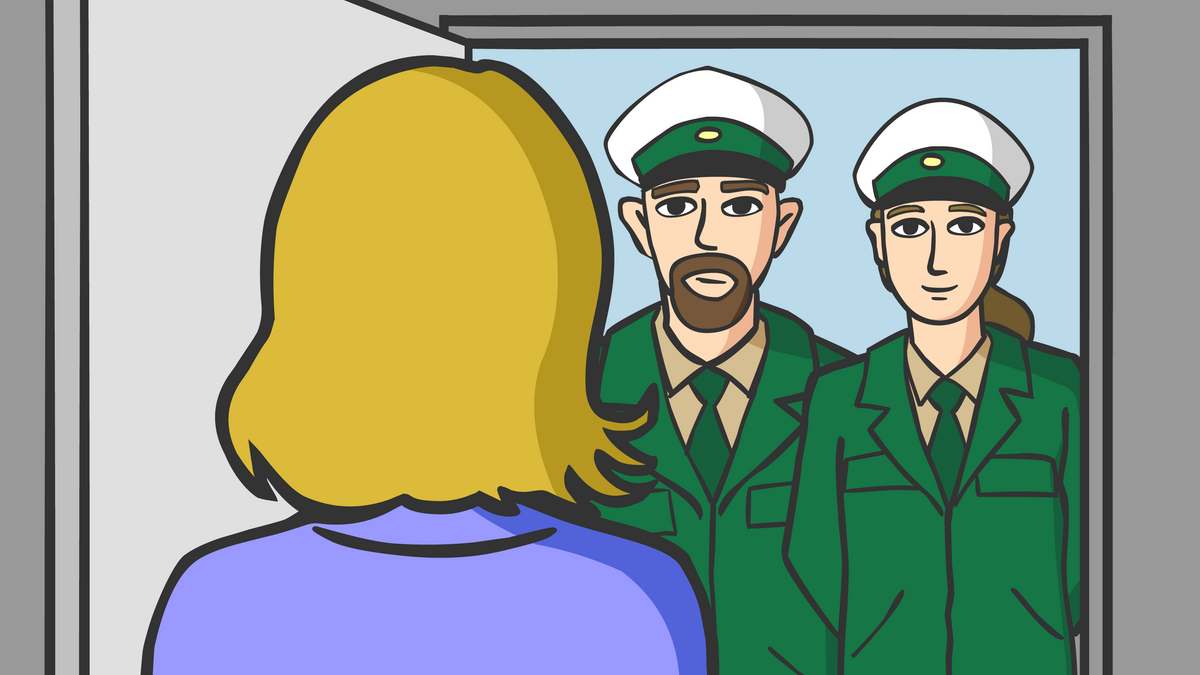
In an emergency, you can rely on the police.
Emergency number: 133
EU emergency number: 112
They will come to you and take you out of a dangerous situation. If you don’t want to go to your parents or guardians, they will take you, depending on your age, to the Amt für Jugend und Familie or a crisis centre for children. No child or juvenile will be sent back against its wishes to violent or threatening adults. If your welfare is in danger, the police really are your ‘friends and helpers’.
-
Help from telephone helplines
-
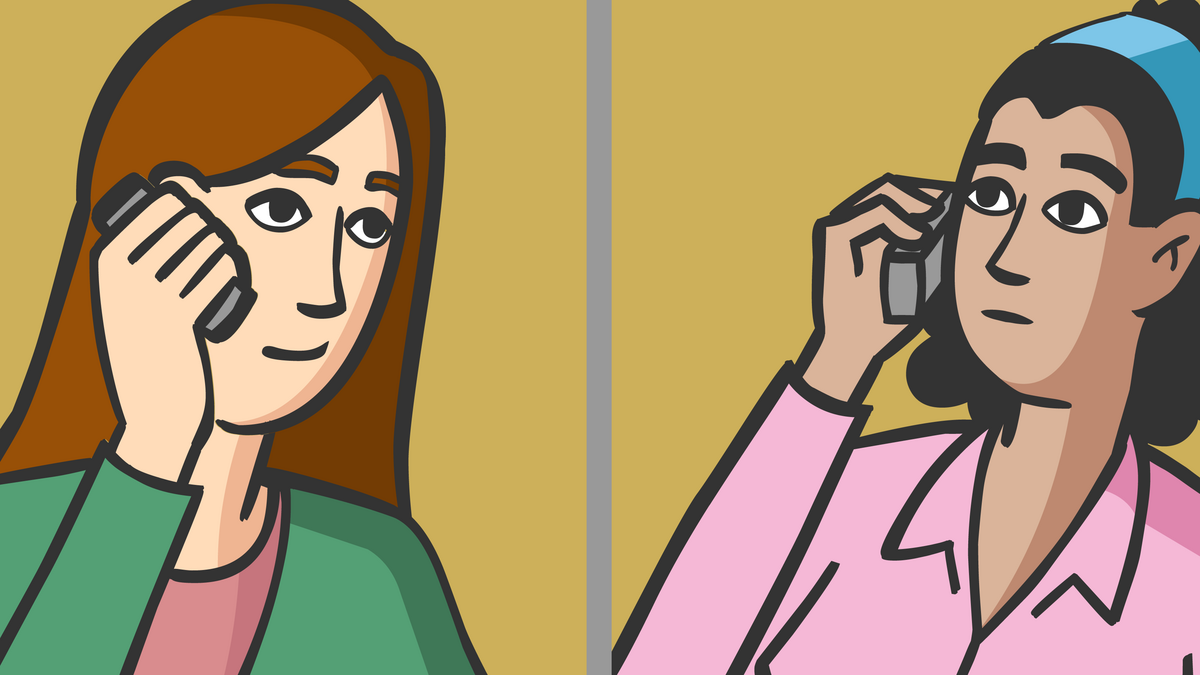
For example: Kindernotruf, Opfernotruf, Rat auf Draht, Frauenhelpline, Männerberatung, Kinder und Jugendanwaltschaften or Kinderschutzzentren!
For more information see Addresses & Links
Telephone helplines have professional counsellors available 24/7.
The social workers there can help to defuse escalating situations in families and prevent violence and neglect or other threatening situations from taking place. They will also intervene if the situation is already violent. As far as they can, they attempt to get children and parents to sit together and talk. This gives them an idea of the interaction between the family members. These meetings can take place only if safety can be guaranteed for all.
Unfortunately, sometimes the emergency services only hear about the suffering of children and juveniles after they have already been exposed for a long time to threatened or actual violence. Parents who hit or are violent are often surprisingly happy to obtain outside help. Usually, the situation is bad for everyone and they want to live more happily together. These families want to talk, do not deny the problems and cooperate willingly.
In other families, there might be a violent husband who tyrannises all of the other family members and emphatically rejects outside intervention. He believes that he’s entitled to do what he wants with his family. Men of this extreme type are not invited for an interview. Women and children are protected from further violence and are shown ways of escaping it.
The emergency services and crisis services and offer shelter, food, protection and advice in crisis situations.
You should also know this:
Youth welfare and emergency services deal with acute dangers and take responsibility for your safety.
- You will not be forced to speak with violent persons if you don’t feel up to it.
- You will be encouraged to talk.
- You will be believed.
- You will be helped.
- You will be protected.
- You will be asked how you feel and what help you want.
- Your wishes will be respected as far as possible.
- You will not be pressurised into making decisions.
- A solution will be sought that is acceptable for you.
-
Help from the Jugendamt
-
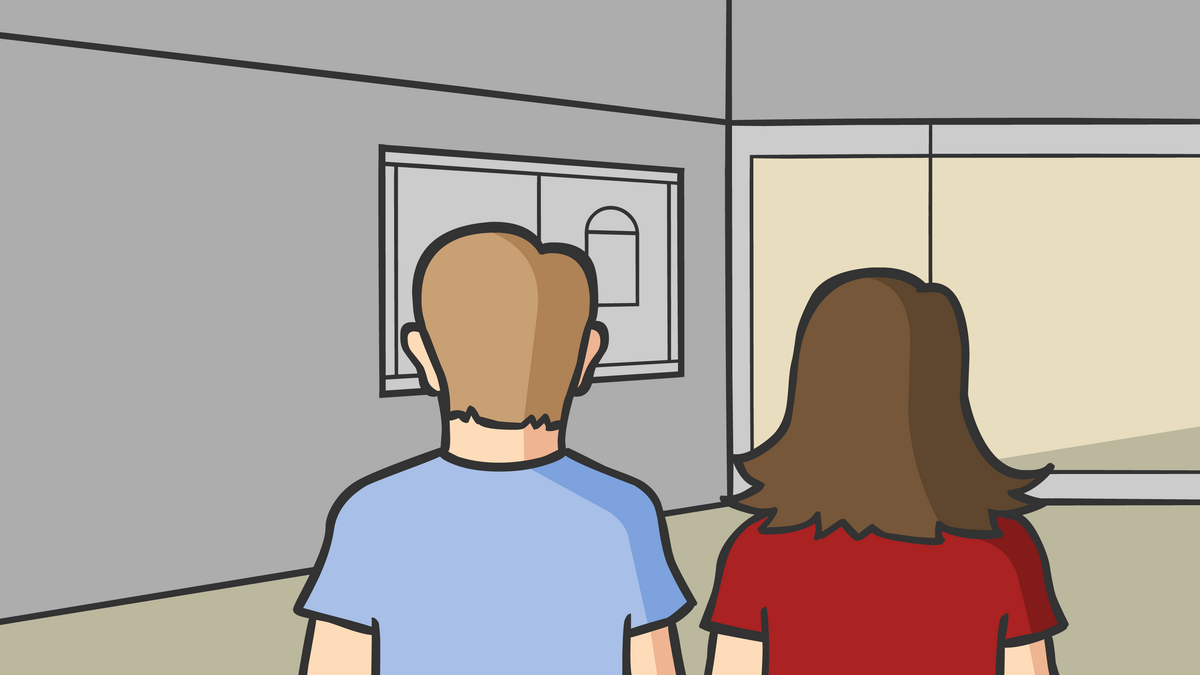
The Jugendamt – youth and family welfare service – is a state institution. It intervenes when parents neglect their children, cause emotional or physical harm or do not fulfil their parental obligations. For it to intervene, the Jugendamt must know that help is required. Juveniles and children can consult the Jugendamt on their own. Neighbours or other worried adults can call or visit the local Jugendamt and express their concerns. They can also contact the Jugendamt anonymously.
Police, schools, hospitals and private individuals inform the Jugendamt when they believe that children or juveniles could be or are already in danger. The police report interventions because of violence in the family. They can put a restraining order on a violent parent and inform the Jugendamt if there are children involved. The Jugendamt will decide whether the family should be invited in or whether immediate contact - in the form of a house visit, for example – is necessary. The social worker in charge will attempt to find out as much as possible about the relationship between the family members so as to determine what kind of assistance is required.
Help can be provided in the family – in other words, you remain at home, with regular visits to you by employees or social workers. If necessary, you can also be put up for a short time in a crisis centre, while a decision is being made whether it’s possible for you to return home or not. If it’s not recommended for children or juveniles to return home, they can live in communal houses or with foster parents.
-
Help from Kinder- und Jugendanwaltschaften
-
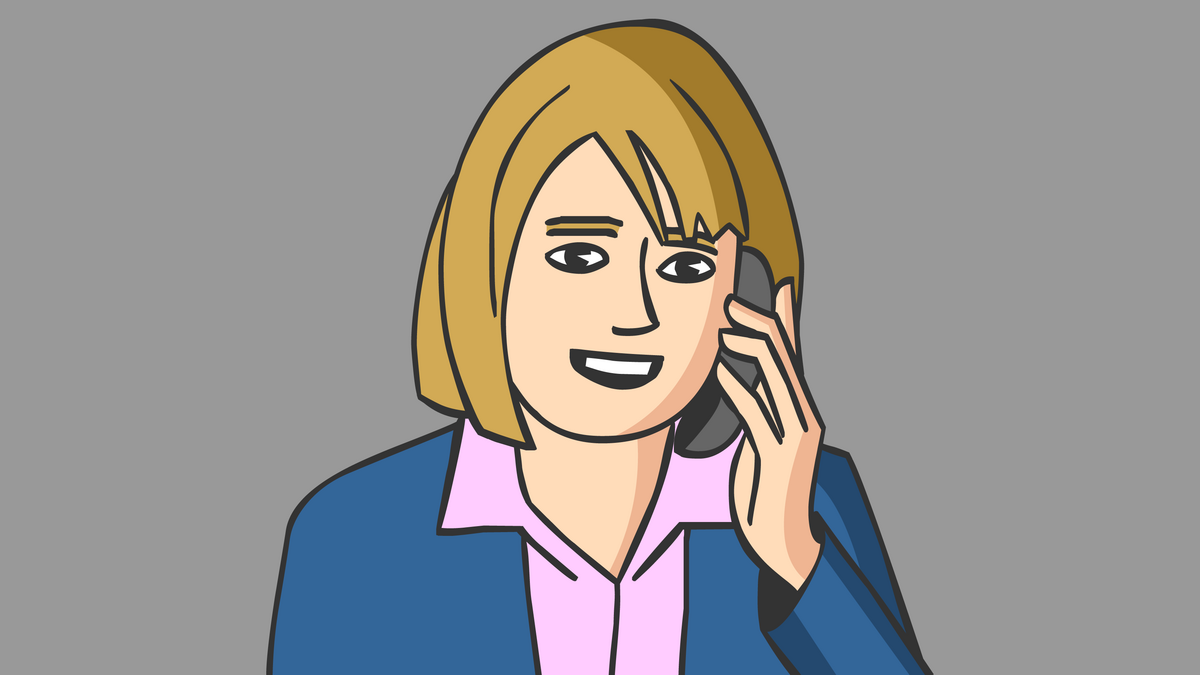
There is a Kinder- und Jugendanwaltschaft, a counselling service for children and juveniles, in every Austrian province. You can call them if you want legal advice on a particular situation or simply need information. The Kinder- und Jugendanwaltschaft attempts to mediate in the case of differences of opinion and conflicts between children/juveniles, parents and others.
All addresses, telephone numbers and information can be found on the following website: www.kija.at
-
Help from child protection centres
-
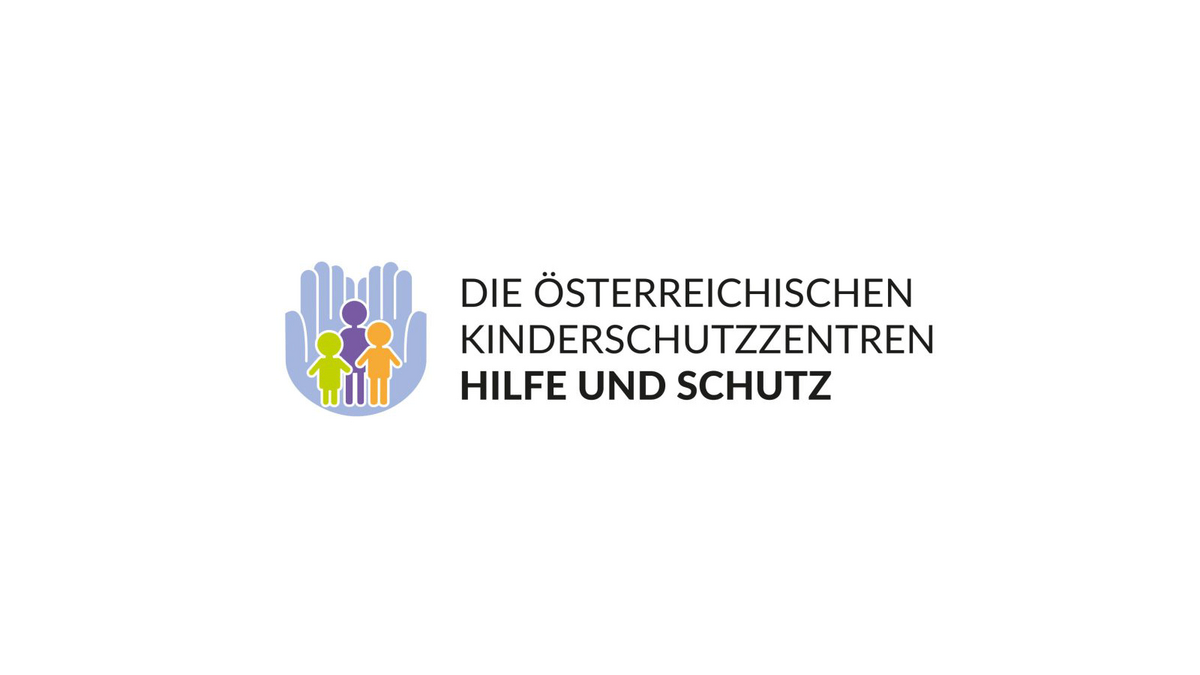
There are Kinderschutzzentren (child protection centres) throughout Austria. You can consult them for advice. The advice is free, confidential and anonymous. This means that you do not need to give any information such as your name or address.
Information and contact data can be found on the Internet: www.oe-kinderschutzzentren.at

